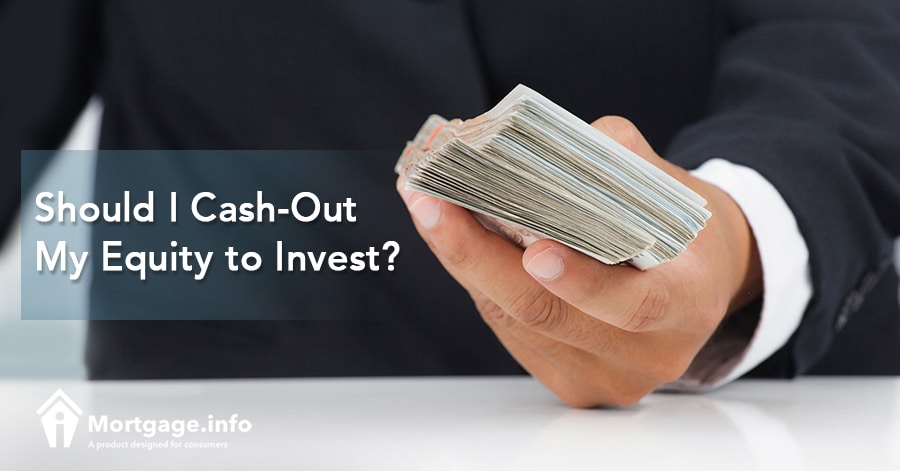Many homeowners are blind to the profit potential of owning a home. While for most, homeownership simply means having their properties sit idle while they pay off years worth of mortgage, others are taking the smart road and using the equity they built on the home to invest in other assets.
In the past couple of years, home values have skyrocketed due to the convergence of market factors, most notably led by the scarcity in housing inventory. Rates are also projected to increase within the year. If you are thinking of following the investment path, these conditions make for the perfect timing to refinance and cash out built equity.
But is it always the right way to go?
Weigh the pros and cons of the decision first before taking the plunge. For starters, a refi means a new round of costs. On average, refinancing cost can total to 2 to 6 percent of the loan balance. Not to mention you are restarting your mortgage clock and are sacrificing your ownership of the property.
To guide you, here are some essential questions collated by experts to help you gauge whether investing is a wise reason to cash out your equity.
[sc_content_link label=”Check out today’s rates.”]
Will it be profitable?
As mentioned, refinancing comes with a cost. Depending on the market climate you are refinancing in, you could be getting a lower or higher rate. Your new interest terms including all the lender and closing charges need to be recouped by any profit you gain from your investment.
If you are refinancing to a new loan with lower mortgage interest rates, better. However, if you are refinancing with a higher rate or are extending the payment term, you may be paying more for the interest of the loan in the long run.
You also have to include the cost of investment. While some of the interest you pay on an investment may be tax-deductible, investment itself incurs its own cost. If you need guidance, professional counseling and advising fees are additional costs you need to include when calculating or estimating potential profit.
[sc_content_link=”Thinking of refinancing? Let us help.”]
What kind of risk is involved?
When talking about this opportunity, most of us are thinking about investing the totality of our cash-out. And for most, that is definitely plan number one. So if you ask: “Is there a risk in putting all your eggs in one basket?” The answer is “Indeed, quite significantly.”
You may either have great returns or terrible losses. Either way, you need to be careful in choosing where you put your money.
Of course, you always have the option to diversify your investments. A few deposits here and there may have fewer and slower gains (or losses) but it’s a strategic way to earn. Talk to a seasoned financial advisor about your investment choices and always be on the lookout for market projections, shifts, and patterns. As an investor, mitigating risk entails knowing the fabric of the market down to its bare threads.
What are you putting at stake?
Remember that you are risking your equity for a possibility. Whether that possibility does prove to be fruitful or not, you have to take caution not to place your property at the edge of the pit. If you are not ready to touch on that equity, you may instead choose to accumulate some small savings amount, maybe set aside a bit of extra each month and use it to invest in small stocks. Whoever says you need to start big? At the end of the day, it’s always a question of smart management.
What are your high-return options?
You can look into buying high-grade bonds which has greater returns than your new mortgage or buying a Fixed Index Annuity. Yet, however good these earnings may get, you shouldn’t depend on it to make your monthly mortgage payments.
Before you apply for a refi, do the math. Make a rough draft of your estimated costs and the estimated returns. Also include in the calculation the necessary tax implications. Does the resulting figure show promise? How willing are you to play with risks, considering current and future market pressures and the facts?
[sc_content_link]

